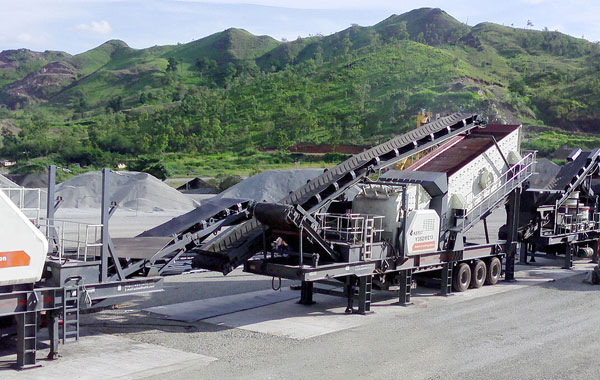In the realm of industrial processes, the efficient handling and utilization of resources are paramount. One such resource, limestone, serves as a crucial raw material in various industries, from construction to agriculture. To optimize its utilization, mobile crushing plants have emerged as indispensable tools. Among them, a 350 TPH limestone mobile crushing plant stands out for its efficiency, versatility, and numerous applications.
Introduction to Limestone Mobile Crushing Plants
Limestone mobile crushing plants are designed to facilitate the crushing and screening of limestone materials on-site, reducing transportation costs and maximizing efficiency. The 350 TPH capacity of such a plant ensures high throughput, making it suitable for large-scale operations.

Components of a Mobile Crushing Plant:
- Primary Crushing Unit: The primary crusher in a mobile crushing plant is typically a jaw crusher, capable of handling large feed sizes. Its robust design and high crushing capacity make it suitable for processing various materials, including limestone.
- Secondary and Tertiary Crushers: Depending on the specific requirements of the application, secondary and tertiary crushers may be incorporated into the mobile crushing plant. These crushers further reduce the size of the material to achieve the desired end product.
- Screening Unit: A screening unit separates the crushed material into different sizes to meet the specifications of the project. This ensures uniformity in the final product and allows for efficient utilization of resources.
- Conveyor System: Conveyor belts transport the material between different stages of the crushing process. They are essential for maintaining a continuous flow of material and optimizing the efficiency of the plant.
- Control System: Modern mobile crushing plants are equipped with advanced control systems that monitor and regulate various parameters, such as feed rate, crusher settings, and conveyor speed. This ensures optimal performance and minimizes downtime.
Advantages of 350 TPH Limestone Mobile Crushing Plants
- Mobility: The primary advantage of mobile crushing plants is their mobility. They can be easily transported to different locations, enabling on-site crushing and screening operations. This eliminates the need for extensive transportation of raw materials, reducing costs and environmental impact.
- Flexibility: These plants are versatile and can handle various types of limestone, ranging from soft to hard, and different sizes of aggregates. Their adjustable settings allow for customization according to specific project requirements.
- High Productivity: With a capacity of 350 TPH, these mobile crushing plants offer high productivity, ensuring efficient crushing and screening processes. This is essential for meeting production targets and project timelines.
- Cost Efficiency: By eliminating the need for transportation and reducing labor requirements, mobile crushing plants offer cost savings compared to traditional stationary crushing setups. Additionally, they can be quickly set up and dismantled, further enhancing cost efficiency.
- Environmental Benefits: Mobile crushing plants contribute to environmental sustainability by reducing emissions associated with transportation and minimizing the disturbance caused by quarrying activities. They enable localized processing, reducing the ecological footprint of limestone extraction and processing.
- Remote Monitoring and Control: Modern mobile crushing plants are equipped with advanced monitoring and control systems, allowing operators to remotely monitor the equipment’s performance and adjust parameters as needed. This enhances operational efficiency and reduces downtime.
The 350 TPH limestone mobile crushing plant offers numerous advantages in terms of mobility, flexibility, productivity, and cost efficiency. By leveraging advanced technologies and design innovations, operators can streamline limestone processing operations while adhering to stringent performance and regulatory standards.
